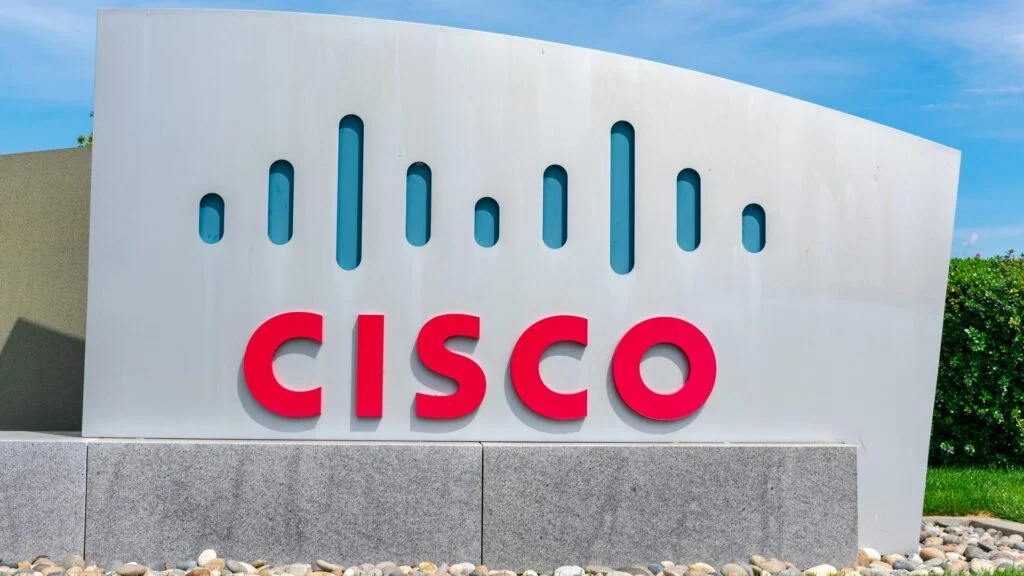Analyst(s): Olivier Blanchard
Publication Date: June 16, 2025
Qualcomm has agreed to acquire Alphawave Semi for $2.4 billion to strengthen its AI data center strategy. The deal brings Alphawave’s high-speed wired connectivity IP into Qualcomm’s portfolio, complementing its Oryon CPU and Hexagon NPU processors. The acquisition supports Qualcomm’s expansion into custom silicon and AI compute markets.
What is Covered in this Article:
- Qualcomm agrees to acquire Alphawave Semi for $2.4 billion in cash.
- Alphawave’s high-speed wired connectivity strengthens Qualcomm’s AI data center ambitions.
- Acquisition complements Qualcomm Oryon CPU and Hexagon NPU processors.
- Alphawave shareholder approvals and regulatory clearance pending.
- Transaction expected to close in Q1 FY 2026.
The News: Qualcomm has agreed to buy London-listed Alphawave IP Group plc in a deal worth about $2.4 billion in cash. Under the deal, Alphawave shareholders will receive 183 pence per share, which is almost double the company’s closing price as of March 31 (a 96% premium). While alternative offers involving stock were also on the table, Alphawave’s board fully backed the cash offer, calling it fair and in the best interest of shareholders. The deal will still need to secure approval from both shareholders and regulators, but is expected to close in Q1 FY 2026.
Alphawave’s technology, which includes high-speed wired connectivity and compute solutions, will be folded into Qualcomm’s growing AI data center business, which the company looks to significantly expand over the course of the next decade. CEO Cristiano Amon pointed out that combining Alphawave’s interconnect technology with Qualcomm’s power-efficient processors will give the company a strong position as connected compute needs grow across data centers and network edge locations.
Qualcomm Expands Data Center Push With $2.4 Billion Alphawave Acquisition
Analyst Take: Qualcomm’s move to acquire Alphawave Semi for $2.4 billion is another sign of how seriously the company is taking its push into AI data centers. Qualcomm has been traditionally strong in mobile processors, edge compute markets and Modem-RF systems (Handsets, IOT/IIOT, Automotive, PCs, cellular network technology, and so on). Still, the company’s evolving portfolio, particularly in compute, where its impressive performance-per-watt and Arm-based IP have proven formidable competitive advantages, now finds itself fairly well positioned to fill important gaps in the data center market.
Strategic Expansion Into Data Center Compute
The acquisition gives Qualcomm access to Alphawave’s established portfolio of high-speed wired connectivity, custom silicon, connectivity products, and chiplets. These solutions complement Qualcomm’s strategy of delivering superior compute and connectivity speed, low latency, and efficient power to every use case that it applies its IP to. Specifically, adding Alphawave’s SERDES and connectivity IP will help Qualcomm bring together its chiplet-based designs, Oryon CPUs, and Hexagon NPUs into data center applications.
Accelerating AI Compute and Connectivity Synergies
Alphawave already works closely with North American AI customers, giving Qualcomm a running start in a part of the market that’s expanding quickly thanks to cloud providers and hyperscalers. This deal also builds on Qualcomm’s recent move into Nvidia’s NVLink ecosystem, helping Qualcomm secure a deeper spot inside the growing AI infrastructure space. With Alphawave’s connectivity solutions, Qualcomm can now support full-stack AI deployments – everything from training and inference to networking and data storage – across cloud and enterprise setups. It opens the door to new AI customers while scaling up Qualcomm’s compute and connectivity offerings.
Minimal Integration Risk and Shareholder Alignment
From a financial risk perspective, the deal looks straightforward for Qualcomm: Roughly half of Alphawave’s shareholders have already agreed to back the deal, and the board unanimously recommended the cash offer over stock alternatives. Regulatory hurdles also appear limited, especially after Alphawave previously exited its China joint venture. Furthermore, Qualcomm does not expect major layoffs or big disruptions as Alphawave becomes a private subsidiary, which should allow for a smooth transition and continued business as usual.
Diversification Strategy Beyond Smartphone Dependence
Until recently, Qualcomm’s diversification strategy had focused primarily on complementing its leadership in Mobile with adjacent edge use cases: In the IOT segments, the company has most notably been gaining market share in XR, wearables and hearables, with Industrial IOT (IIOT) products, automotive, and PCs also serving as significant growth opportunities for the company alongside more connectivity-based segments like 5G and FWA (fixed wireless access). The data center market was always part of Qualcomm’s diversification strategy, but with some of the pieces still missing, the company’s efforts seemed a bit stalled compared to other areas, like Automotive, where its leadership helped it scale its partner ecosystem fairly quickly. This changes with the Alphawave acquisition. By helping Qualcomm expand further into data centers and AI computing, this acquisition builds a much stronger foundation for Qualcomm’s data center play.
What to Watch:
- Shareholder vote approval is required, with 75% required for deal closure.
- Regulatory clearances, including UK High Court sanction.
- Integrating Alphawave’s IP into Qualcomm’s Oryon CPU and Hexagon NPU platforms.
- Customer traction across hyperscalers and North American AI clients.
- Intensifying competition from Nvidia, Broadcom, AMD, and existing interconnect IP vendors.
See the complete press release on Qualcomm’s acquisition of Alphawave on the Qualcomm website.
Disclosure: Futurum is a research and advisory firm that engages or has engaged in research, analysis, and advisory services with many technology companies, including those mentioned in this article. The author does not hold any equity positions with any company mentioned in this article.
Analysis and opinions expressed herein are specific to the analyst individually and data and other information that might have been provided for validation, not those of Futurum as a whole.
Other insights from Futurum:
Qualcomm’s Q2 FY 2025 Earnings: YoY QCT Revenue Growth Momentum Continues
Qualcomm’s Arm-Based Data Center CPUs To Smoothly Integrate With NVIDIA
Qualcomm’s X85 5G Modem Sets New AI-Powered Speed and Efficiency Benchmark
Author Information
Olivier Blanchard is Research Director, Intelligent Devices. He covers edge semiconductors and intelligent AI-capable devices for Futurum. In addition to having co-authored several books about digital transformation and AI with Futurum Group CEO Daniel Newman, Blanchard brings considerable experience demystifying new and emerging technologies, advising clients on how best to future-proof their organizations, and helping maximize the positive impacts of technology disruption while mitigating their potentially negative effects. Follow his extended analysis on X and LinkedIn.






